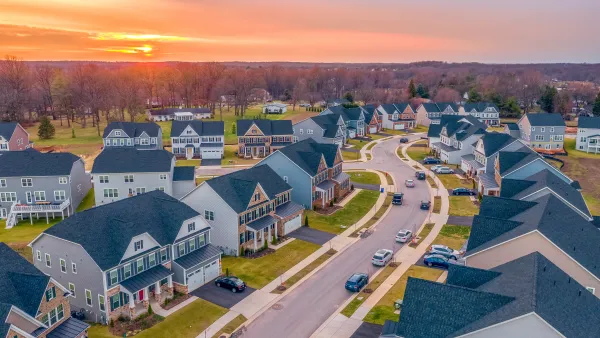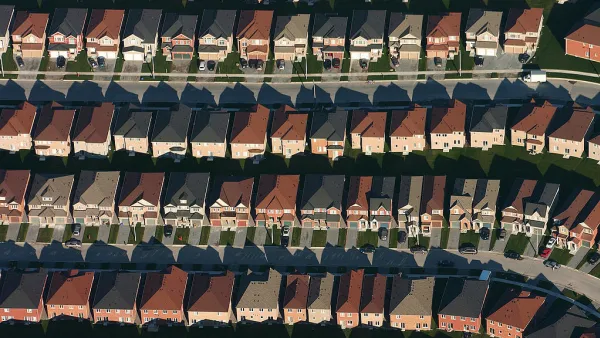The 2010 Census showed that the baby-boom generation led to the growth of older populations settling in suburbs, which is causing local governments to rethink whom their services should cater to.
Washington Post reporter Carol Morello explains the cause of older generations to stay in suburbs:
"The nation's baby boomers - 76 million people born between 1946 and 1964 - were the first generation to grow up in suburbia, and the suburbs is where many chose to rear their own children. Now, as the oldest boomers turn 65, demographers and local planners predict that most of them will not move to retirement areas such as Florida and Arizona. They will stay put."
"Thanks largely to the baby-boom generation, four in 10 suburban residents are 45 or older, up from 34 percent just a decade ago. Thirty-five percent of city residents are in that age group, an increase from 31 percent in the last census."
FULL STORY: If baby boomers stay in suburbia, analysts predict cultural shift

National Parks Layoffs Will Cause Communities to Lose Billions
Thousands of essential park workers were laid off this week, just before the busy spring break season.

Retro-silient?: America’s First “Eco-burb,” The Woodlands Turns 50
A master-planned community north of Houston offers lessons on green infrastructure and resilient design, but falls short of its founder’s lofty affordability and walkability goals.

Delivering for America Plan Will Downgrade Mail Service in at Least 49.5 Percent of Zip Codes
Republican and Democrat lawmakers criticize the plan for its disproportionate negative impact on rural communities.

Test News Post 1
This is a summary

Test News Headline 46
Test for the image on the front page.

Balancing Bombs and Butterflies: How the National Guard Protects a Rare Species
The National Guard at Fort Indiantown Gap uses GIS technology and land management strategies to balance military training with conservation efforts, ensuring the survival of the rare eastern regal fritillary butterfly.
Urban Design for Planners 1: Software Tools
This six-course series explores essential urban design concepts using open source software and equips planners with the tools they need to participate fully in the urban design process.
Planning for Universal Design
Learn the tools for implementing Universal Design in planning regulations.
EMC Planning Group, Inc.
Planetizen
Planetizen
Mpact (formerly Rail~Volution)
Great Falls Development Authority, Inc.
HUDs Office of Policy Development and Research
NYU Wagner Graduate School of Public Service





























